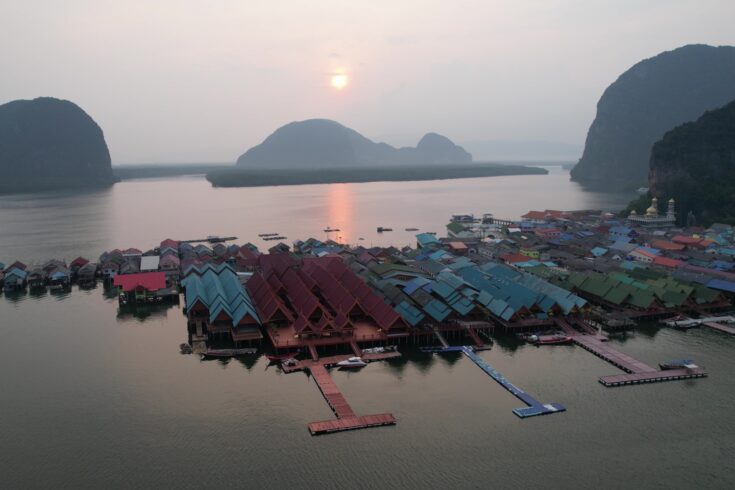The Engineering and Physical Sciences Research Council (EPSRC) has announced winners of the Engineering Net Zero Week’s (ENZ) photography competition.
The winners were announced during the evening reception of the ENZ showcase that is being held at the Advanced Research Centre at the University of Glasgow.
It is the first major event to be held at the centre since its recent refurbishment.
New technologies and sustainable techniques
The winning images include:
- a scenic view of the beautiful remote village of Koh Panyee, Thailand, that uses a minimal 0.26kw of energy per person a day compared with the UK average of 8 to 10 kw
- a 12-year-old’s depiction, in Lego, of a green future, complete with local wind turbine and electric car.
The competition was organised to:
- showcase the breadth of engineering and physical sciences research that is being funded through EPSRC
- demonstrate the work that’s needed for us to achieve our net zero targets.
Addressing problems of climate change
Dr Lucy Martin, EPSRC’s Deputy Director for Cross Council Programmes said:
Our Engineering Net Zero Week and this photography competition have been an ideal platform for the engineering and scientific community to show what they are doing to address the pressing problems of climate change and moving towards a carbon neutral future.
Congratulations to the competition winners and thank you to all those who entered, pictures are often worth more than words and these images tell some positive stories.
ENZ photo competition winners
Category: Notable submission award
Dr Momchil Vasilev, Research Associate, University of Strathclyde
Title: Manufacturing beauty
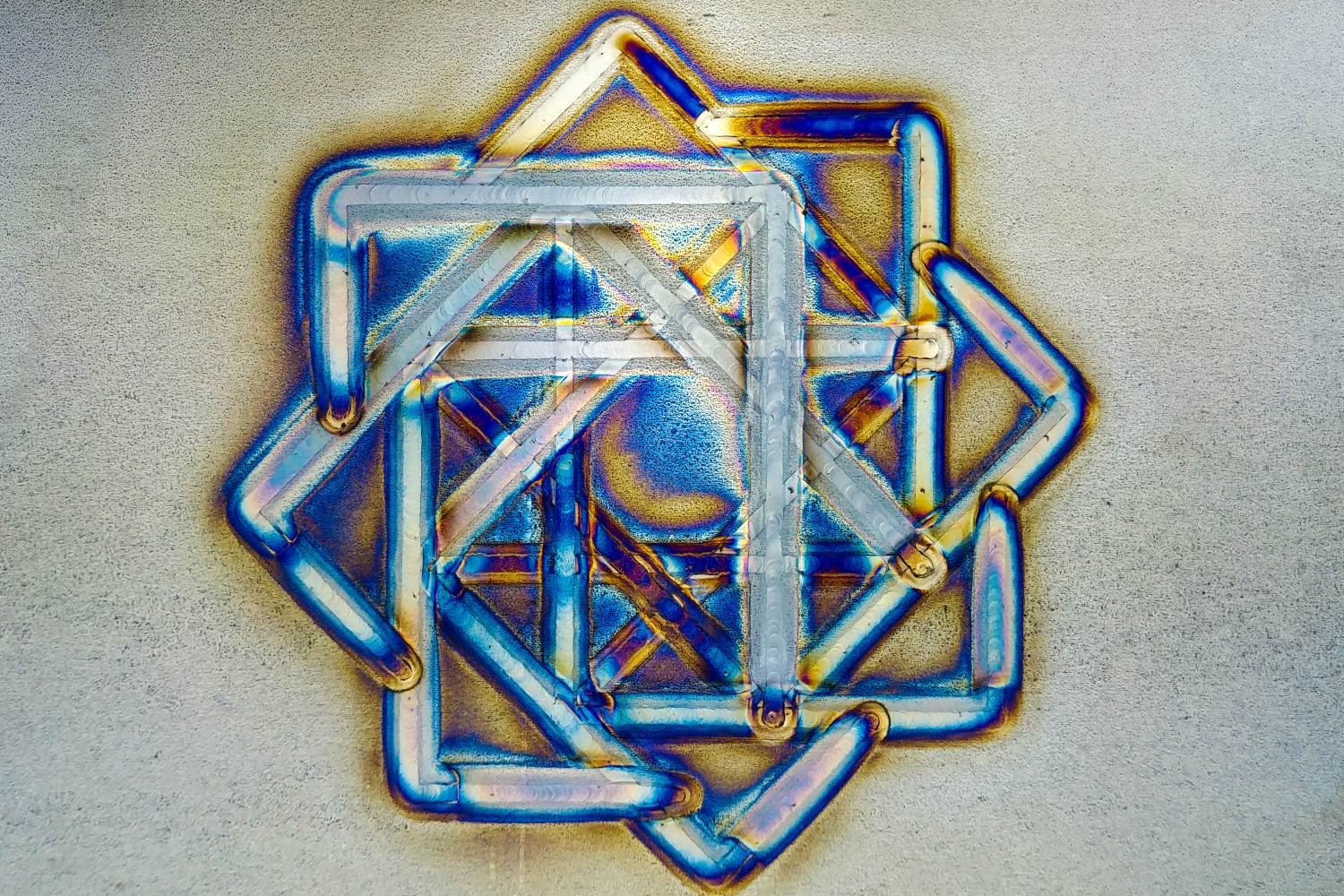
Credit: Dr Momchil Vasilev, University of Strathclyde
The image was created by a welding robot. The lines were formed by moving a high energy electric arc across the surface of a steel plate precisely melting the material to create a mandala pattern.
Arc-welding robots are employed in factories across multiple fields and industries.
With quality checks carried out by hand, researchers have developed ultrasonic weld testing which will make manufacturing more sustainable.
Category: Weird and wonderful
Dr Susan Scholes, Research Associate, Newcastle University
Title: Our net zero future, through the eyes of a 12-year-old
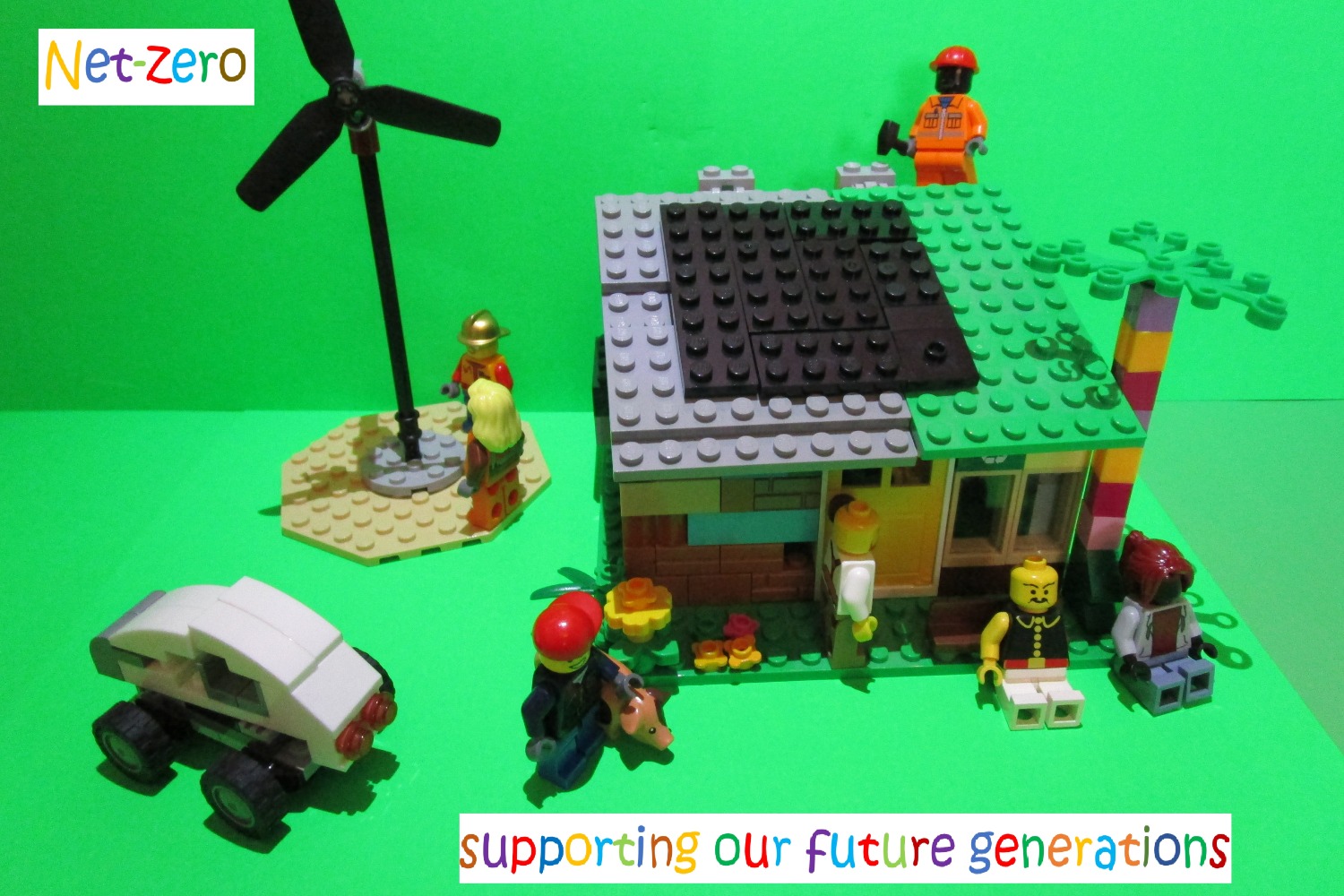
Credit: Dr Susan Scholes, Newcastle University
The image was produced after discussion between researcher Dr Susan Scholes and her 12-year-old son.
It captures in Lego a content, relaxed family life in a net zero future, with the incorporation of renewable energies (wind turbine and roof-mounted solar panels) and electric vehicles.
Great teamwork!
Category: Delivering zero emissions transport and mobility solutions
Collette Larkin, PhD Researcher, The University of Edinburgh and Repsol
Title: If the wheels are turning, CO2 emissions are occurring
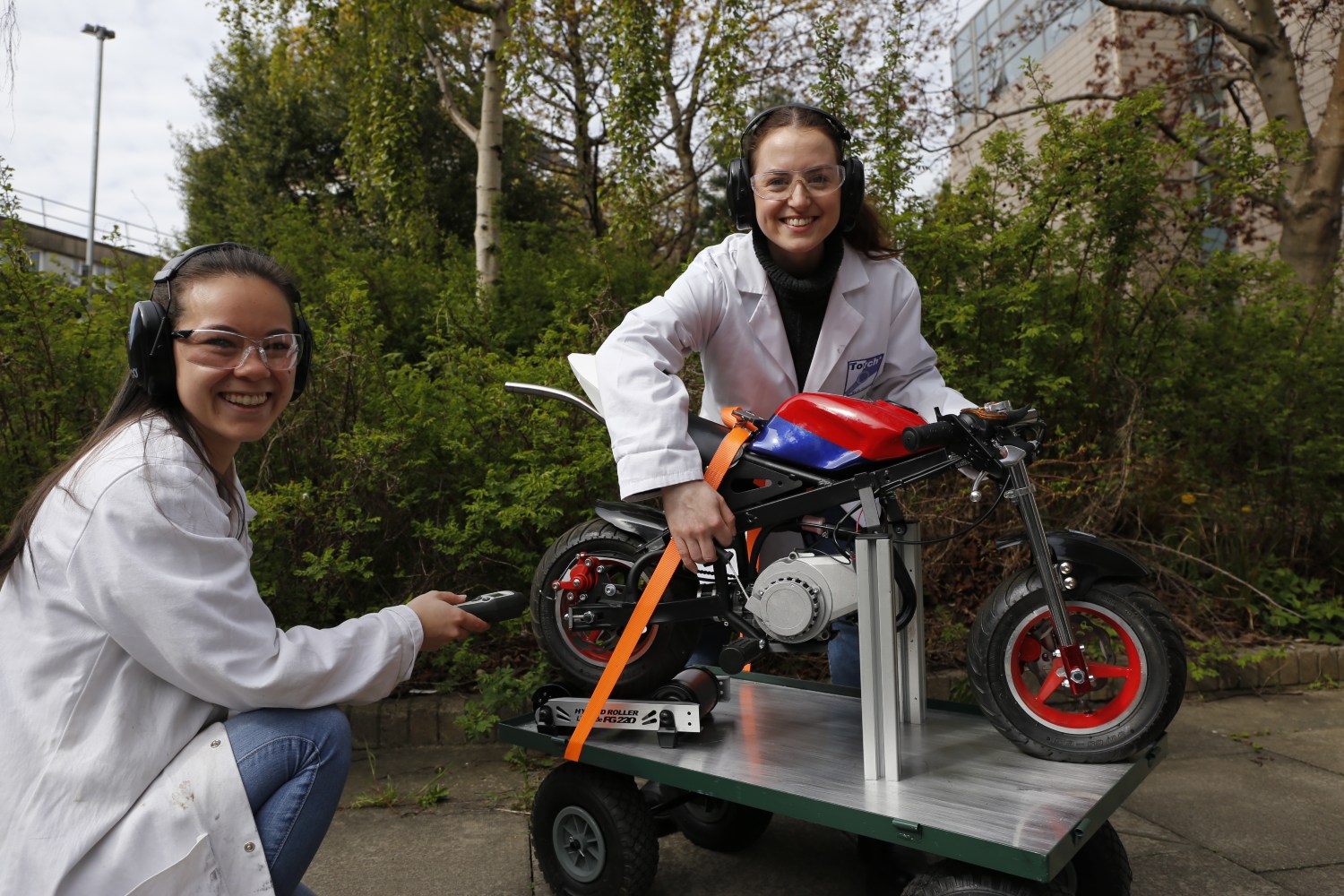
Credit: Collette Larkin, The University of Edinburgh and Repsol
Highlighting the role that transport plays in carbon emissions, this image captures a primary stage in the design of an on-board carbon capture system for a mini motorbike.
On-board carbon capture is a promising zero emissions transport solution as it facilitates a cleaner transition to carbon-neutral fuels by allowing existing transport to be decarbonised.
Category: Our green future
David Nicol EngD, Researcher, University of Warwick and WMG
Title: Quantification of energy generation in remote locations
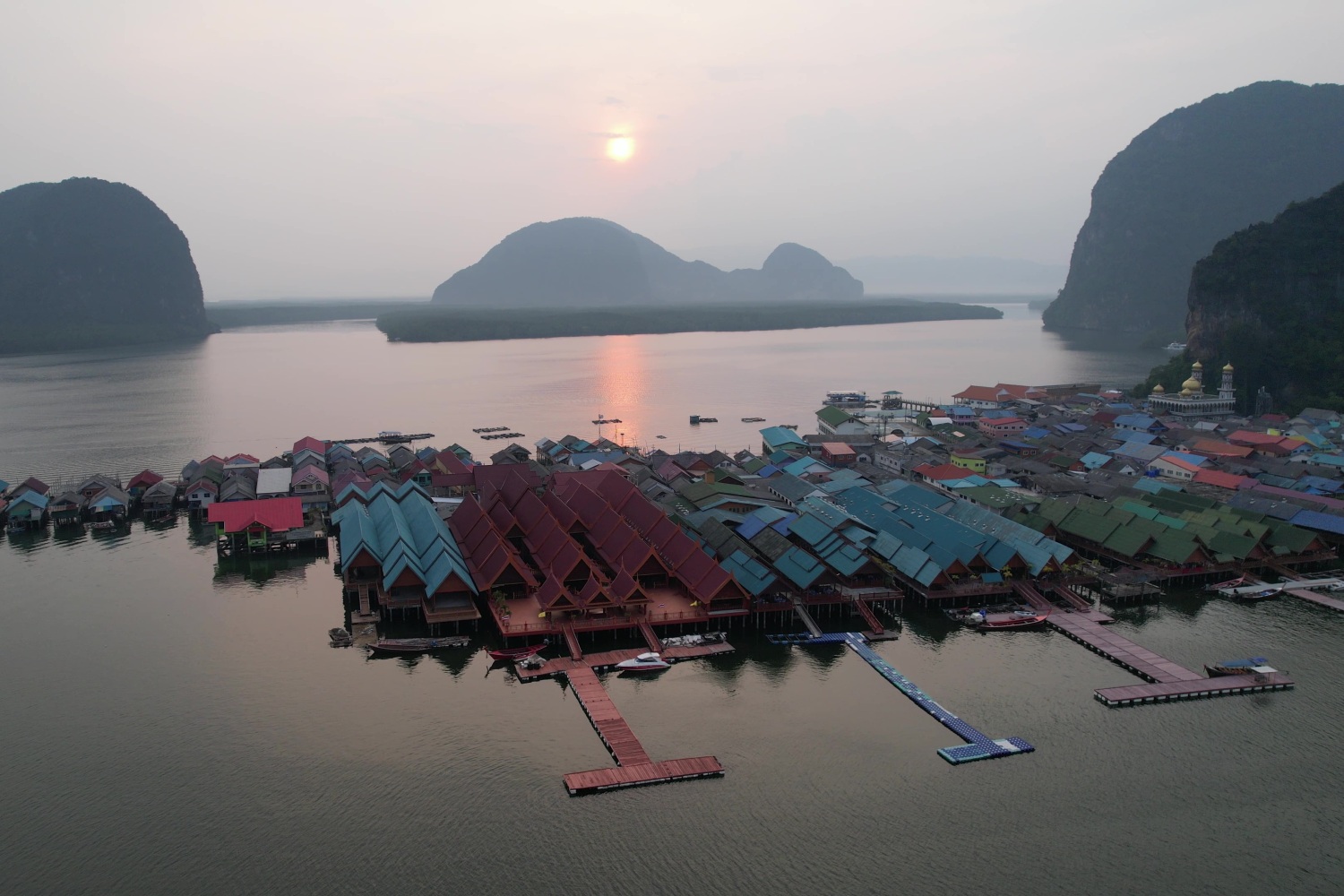
Credit: David Nicol, University of Warwick and WMG
This scenic view is of the remote village of Koh Panyee, Thailand.
The village relies on power from 2x 125kW diesel generators for almost 1,500 people.
On average, an equivalent of less than 0.2kW of electrical energy per person, compared with the UK average of 8 to 10kW.
Category: Solutions for a greener industry and urbanisation
Dr Fiona Beck Sillars, Senior Knowledge Exchange Fellow, Advanced Materials Research Laboratory (AMRL) Team Lead, University of Strathclyde
Title: From redundancy to recirculation
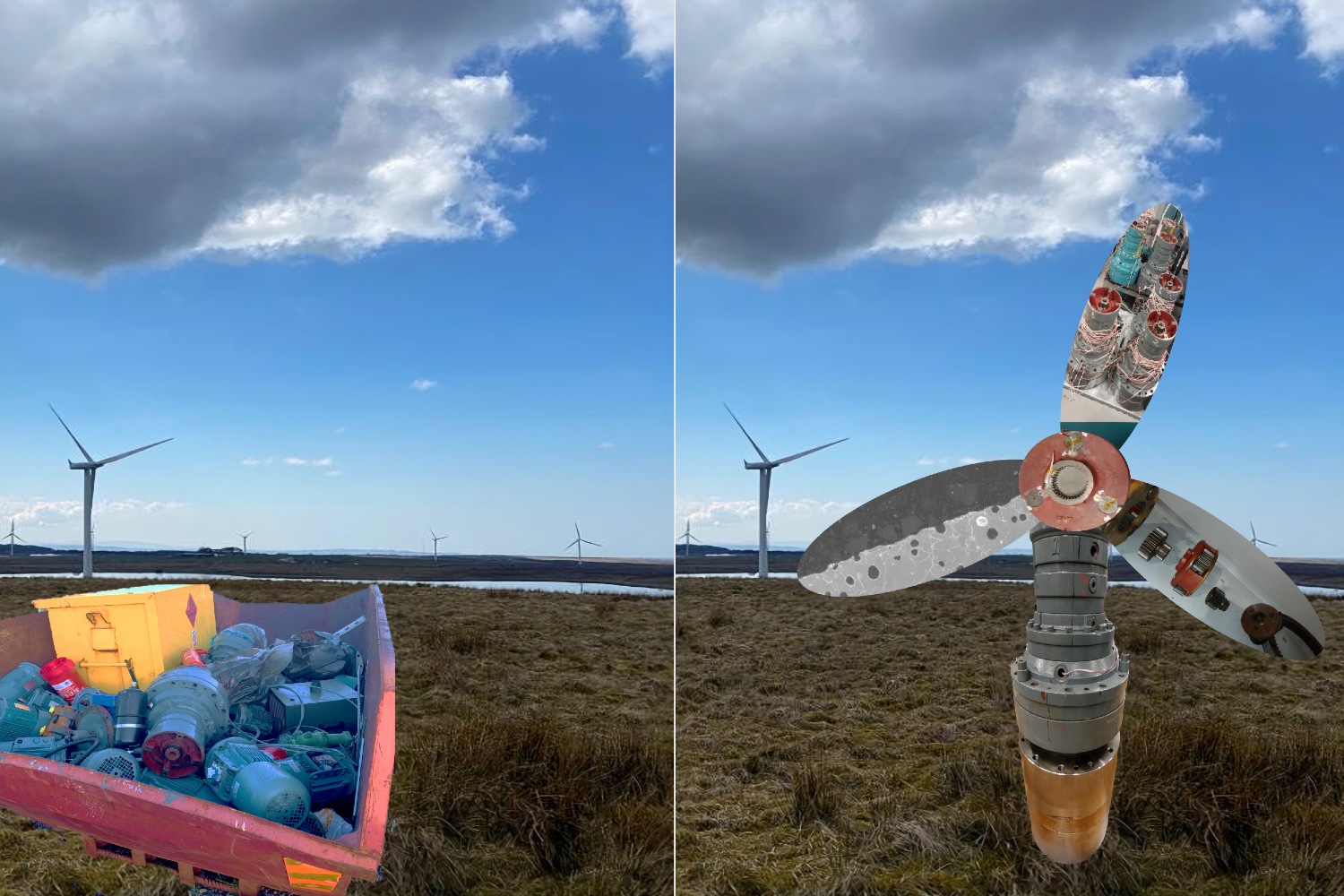
Credit: Dr Fiona Beck Sillars, University of Strathclyde
This composite image captures a before and after landscape of a wind farm with waste components going from deemed waste to being reused.
It conveys the impact of remanufacturing or recirculation of wind turbine parts.
Many components end up in landfill at the end of their service life, recirculation of parts through remanufacturing is an essential element in creating a circular economy across the wind industry.
This image illustrates the innovative collaboration formed between the AMRL and Renewable Parts Limited.
It aims to help fuel a greener after-market industry for wind turbines nearing the end of life, by refurbishing, remanufacturing and recirculating many components that would otherwise end up in landfill.
Category: Towards net zero
Dr Michael Togneri, Lecturer, Swansea University
Title: A new dawn for tidal measurement
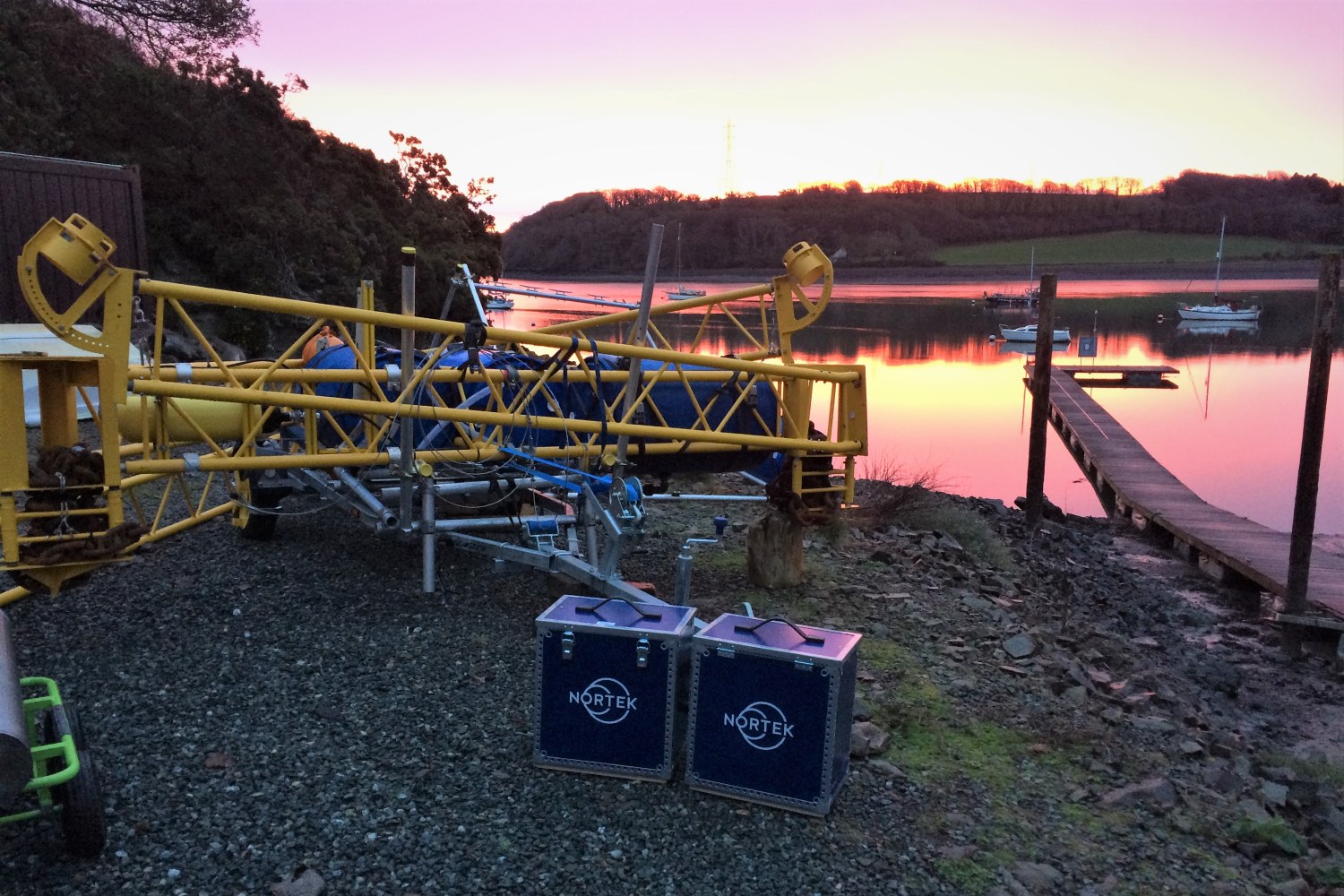
Credit: Dr Michael Togneri, Swansea University
This image shows the deployment, in West Wales, of a new scientific instrument, a converging beam acoustic Doppler current profiler.
It will better gather data needed to validate computational models of the ocean and of tidal energy systems.
This data can be shared across university researchers to gain a clearer understanding of how to capture the power the tides around the UK’s coasts.
Top image: Credit: David Nicol, University of Warwick and WMG

